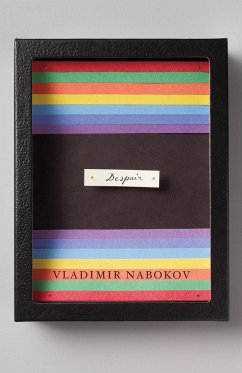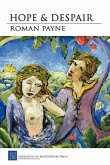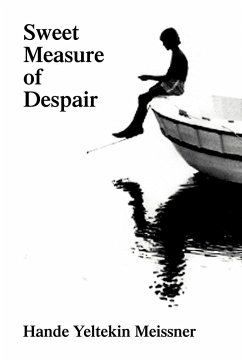Extensively revised by Nabokov in 1965--thirty years after its original publication--Despair is the wickedly inventive and richly derisive story of Hermann, a man who undertakes the perfect crime--his own murder.
Hinweis: Dieser Artikel kann nur an eine deutsche Lieferadresse ausgeliefert werden.
Hinweis: Dieser Artikel kann nur an eine deutsche Lieferadresse ausgeliefert werden.








